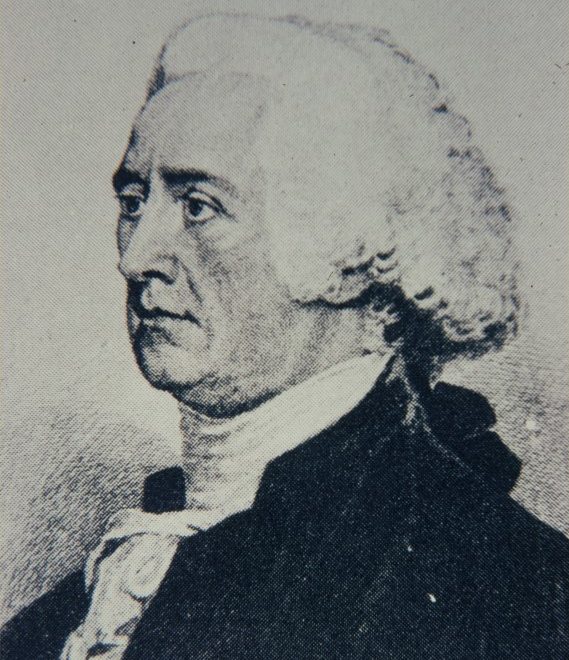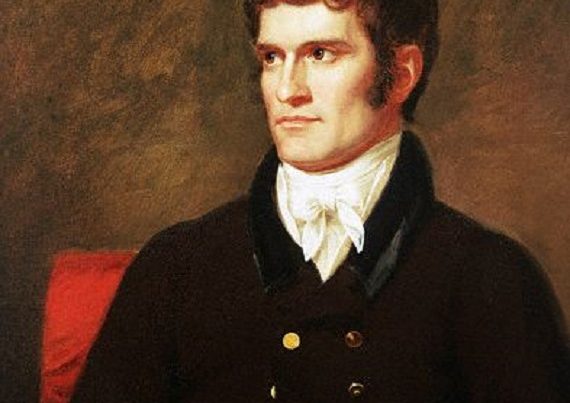Mel Bradford’s outstanding tome A Better Guide Than Reason lifted that phrase from a speech John Dickinson made during the Philadelphia Convention in 1787. Dickinson worried that the delegates to what we now call the “Constitutional Convention” were insistent on crafting a document that would reinvent the government of the United States, something James Madison proposed with his now famous “Virginia Plan.” Dickinson cautioned against this course of action. He thought any new constitution should not be the best document the delegates to the Convention could imagine, but should instead be the best document that the States would accept, meaning one that relied on the customary and familiar traditions of the American experience. These were the time tested maxims of government, society, and law.
This August 1787 speech, more than Alexander Hamilton’s troubling exposition in June 1787 on the potential beauty of a soft monarchy, set the tone for the rest of the Convention. Other members of the founding generation echoed Dickinson, both during the Convention and in the State ratification debates, but Dickinson said it best.
Unfortunately, no one continues to listen to either Dickinson, or more importantly, the other “friends of the Constitution” who insisted on adhering to the document as it was ratified in 1788. That Constitution, not the one the so called “anti-federalists” warned against, is the one we should follow today.
Certainly, men like George Mason and Patrick Henry have been proven correct in their description of what would happen should the States ratify the Constitution, but this is no badge of honor. They were publicly informed throughout the months during the ratification process that their fears were unfounded, that the government under the Constitution would never abuse its authority, and that the people of the States had nothing to fear from this “more perfect Union.” This would be true if we listened to these now forgotten “friends of the Constitution,” many of whom were prominent Southerners. It is certainly more fun to hold up Mason or Henry and say, “See, they told you so,” but it is more productive to read the statements of the proponents of the document when engaging in debates about the meaning and nature of the Constitution.
Don’t be Joseph Story. It was Story, after all, who famously told us that the Constitution means what the opponents like Henry said it would mean. If anyone had believed that in 1788, the Constitution would never have been ratified.
So who were these Southern “friends of the Constitution?” In addition to the well known Madison, two later served on the United States Supreme Court, James Iredell and John Rutledge, and one helped found the University of North Carolina, William Richardson Davie. Even John Marshall argued that the Constitution did not have the judiciary powers he assumed as Chief Justice less than twenty years later.
To these “friends of the Constitution,” the powers of the central government were limited by the language of the document and the mere process of writing them down. As Madison, among others, insisted, every power which is not granted is reserved to the States and to the people. Iredell would take that one step further. Any unconstitutional act would be void.
Rutledge said during the Philadelphia Convention that a potential federal veto over State law would and ought to “damn” the Constitution, but that is exactly what has happened in the modern era. The “national” cultural war we face today is a direct result of unmitigated nationalism and the usurpation of power by the general government at the expense of the States. Without the express promise of federalism–meaning complete State control over their internal affairs and “internal police”–the States would never have ratified the document. That is the dirty little secret.
In reality, the United States Constitution is a flawed document. It does not provide an enforcement mechanism for the Tenth Amendment, and its ambiguous language leaves the door open to “innovative” interpretation. The debates over ratification, however, underscore the importance of “State powers” to the founding generation, both North and South. They were the building blocks of the federal republic both before and after ratification. The various State constitutions, the Articles of Confederation, and the Confederate Constitution of 1861 are all part of this story and conclusively show that the “Free and Independent States” of 1776 never relinquished their sovereignty. Certainly no one believed that the States became mere corporate entities of the general government in 1788, particularly in the South.
But most Americans, even Southerners (many of whom are decedents of men who bled for the founding principle of self-determination both in 1776 and 1861), don’t know this history. Americans on both the Left and the Right know the system is broken. They just don’t know how to fix it. The blueprint has been there all along. It’s federalism, small is beautiful, think locally, act locally, self-determination, and independence. It’s the unbroken chain of the Anglo-American constitutional tradition as outlined by the “friends of the Constitution” in 1788, including the Magna Charta of 1215 and the 1688 English Bill of Rights.
“Reviving the (singular) American republic” should never be our goal, but insisting on the “federal republic” of the founding generation in an increasing volatile political and cultural climate could restore some semblance of sanity in the American political process. Education is the key, and the process must begin now. Not doing so will result in the France of 1793 rather than the America of 1788. That is outcome everyone should avoid.







